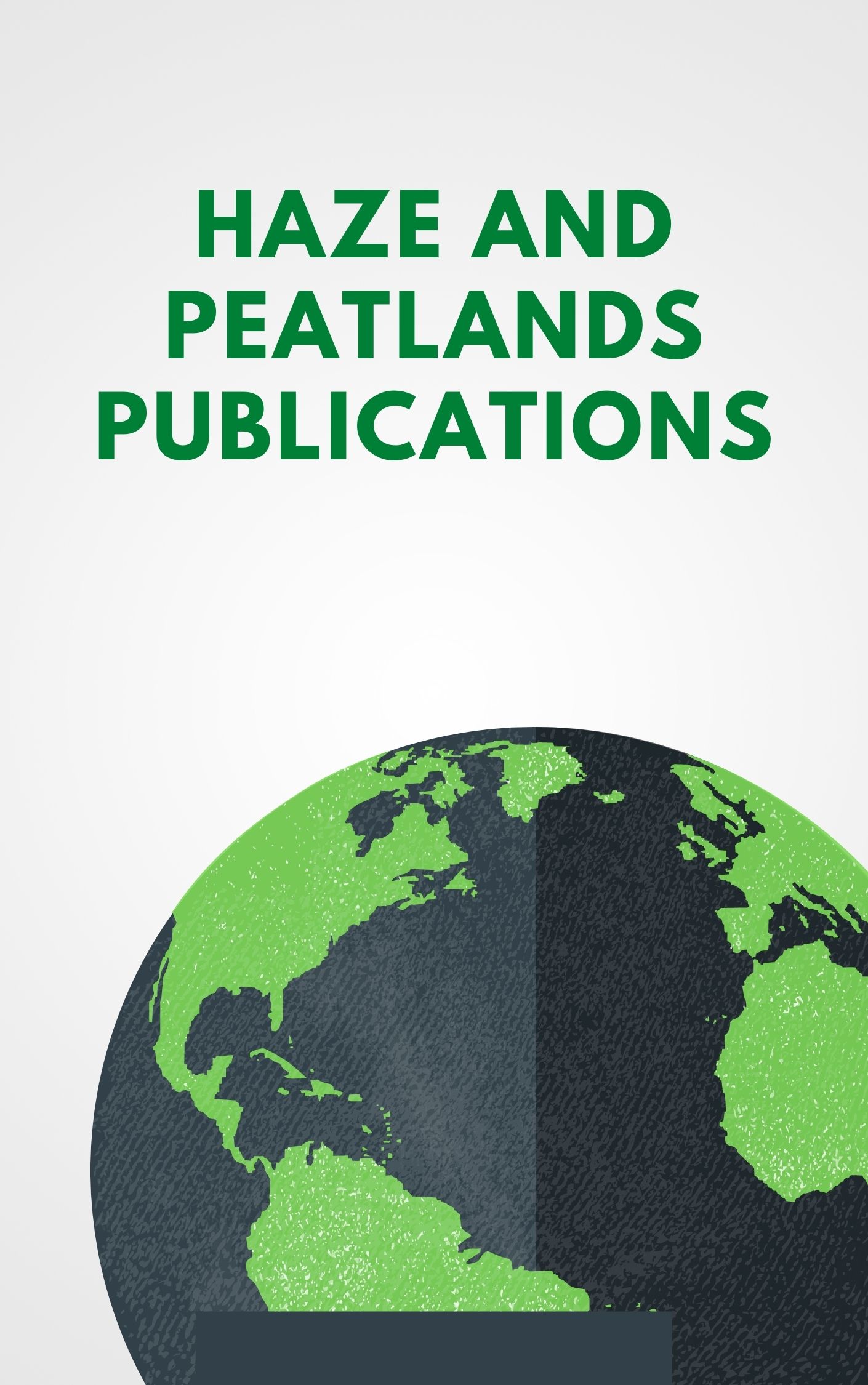Three dimensions of the benefits of using clonal rubber trees in smallholder plantations in Indonesia are defined and quantified: private benefits based on faster growth, more Imperata control, and higher latex yields; private (and social) benefits derived from a reduction in fire risk (resulting from more effective Imperata control); and social benefits associated with an increased level of carbon sequestration (reduction of atmospheric carbon dioxide). These benefits are compared with those obtainable from unselected (unimproved) seedlings. Previous research has focused on the private growth and yield benefits from using clonal rubber in the absence of fire risk (see chapter 14). Most of the emphasis in this chapter is on the social benefits resulting from the use of clones associated with fire risk reduction and enhanced carbon sequestration.
Keyword(s)
atmosphere, carbon cycle, carbon dioxide, carbon sequestration, clones, crop yield, economic analysis, environmental impact, fire danger, genetic improvement, growth, plantations, risk, rubber plants, small farms, weed control, Indonesia, Hevea brasiliensis, Imperata, Hevea, Euphorbiaceae, Euphorbiales, dicotyledons, angiosperms, Spermatophyta, plants, eukaryotes, Poaceae, Cyperales, monocotyledons, APEC countries, ASEAN Countries, Developing Countries, South East Asia, Asia, environmental effects, fire hazard, rubber crops, Plant Disorders and Injuries (Not caused directly by Organisms) (FF700), Plant Breeding and Genetics (FF020), Farming Systems and Management (EE200) (Discontinued March 2000), Plant Production (FF100), Weeds and Noxious Plants (FF500), Environmental Pest Management (HH200), Meteorology and Climate (PP500), Pollution and Degradation (PP600), Environmental Economics (EE150) (Discontinued March 2000)

